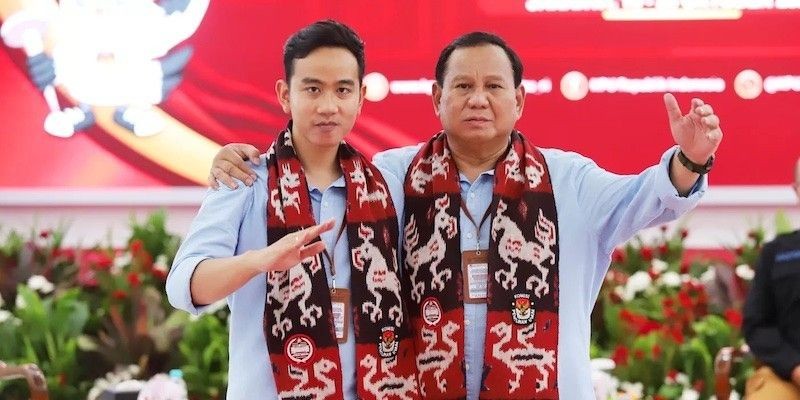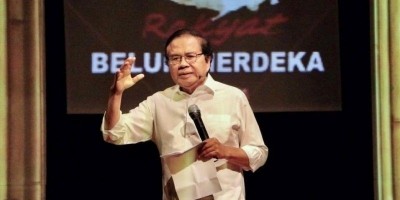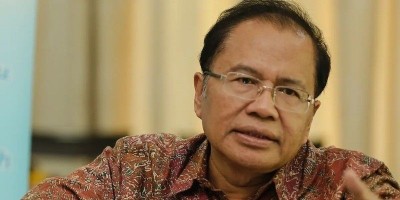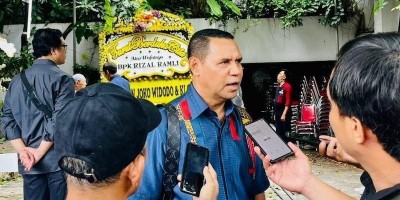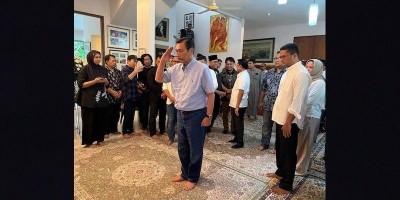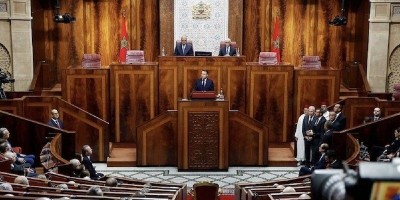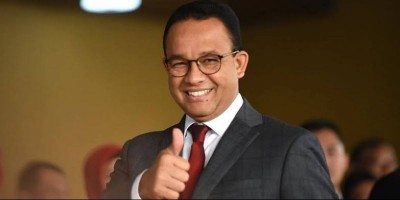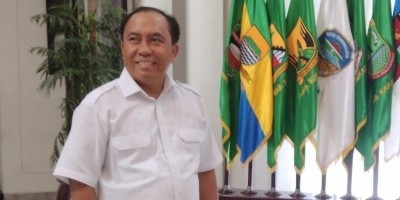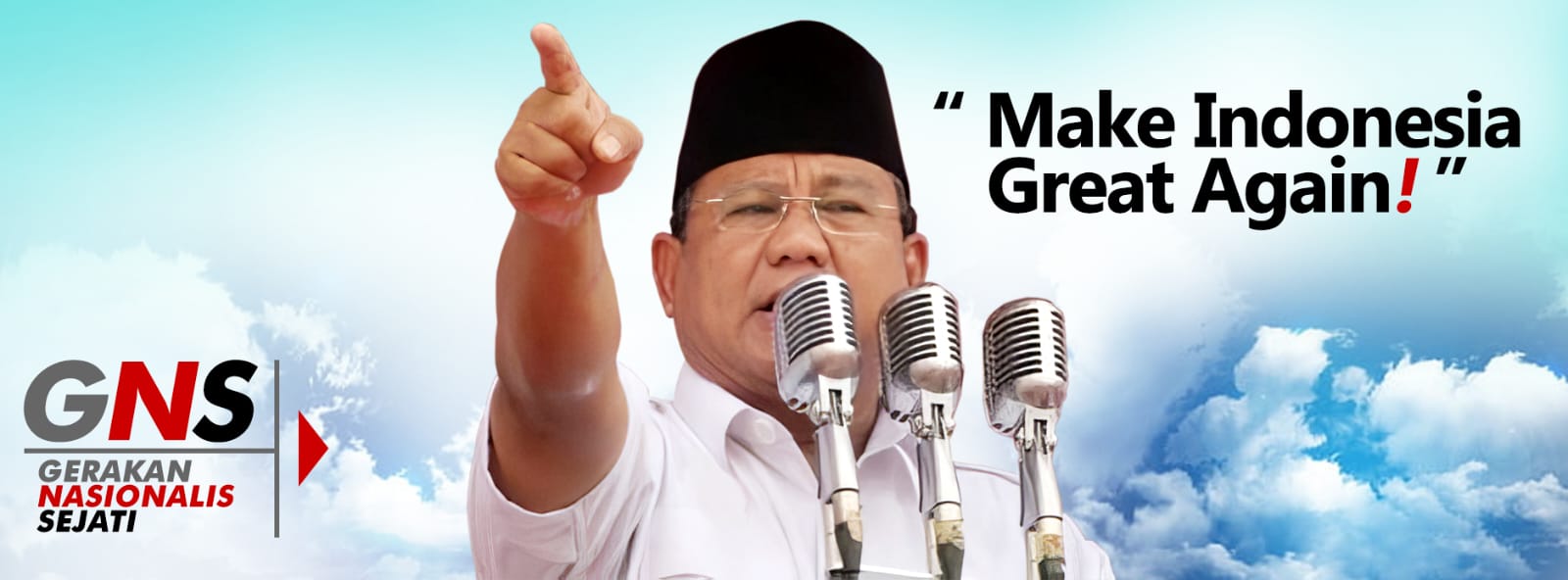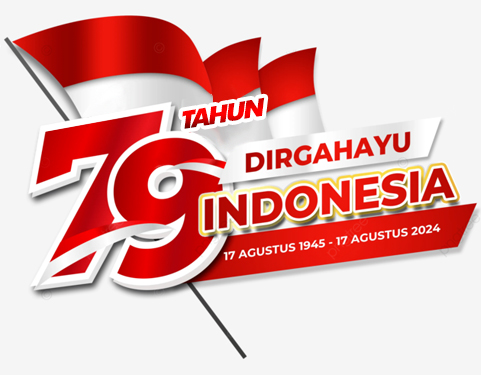UNTIL recently, I believed that it would be a cause for celebration when Joko "Jokowi" Widodo completed his second and final term as Indonesia's president next October.
After all, his exit from the political stage would mark the beginning of a new administration that would hopefully repair the damage that Widodo and his cohort have inflicted on Indonesian democracy.
But my hope for a better political future was dashed last month when the Constitutional Court, chaired by Widodo's brother-in-law Anwar Usman, rejected petitions to lower the legal minimum age of presidential and vice presidential candidates while making an exception for politicians who already hold elected office.
Amid public uproar, a court ethics panel last week removed Usman from his role as chief justice but the court's ruling remains intact. This means that despite the panel's finding that Usman had a conflict of interest in the case, Gibran Rakabuming, Widodo's 36-year-old son and the mayor of Solo, can remain the running mate of presidential candidate Prabowo Subianto, now Widodo's defense minister and the front-runner in current polls.
In response to the clamor, Widodo invited Prabowo and the other two official presidential candidates, Anies Baswedan and Ganjar Pranowo, to lunch at the presidential palace on Oct. 30. Speaking afterward to reporters, Widodo said that he had told the candidates that he would remain neutral toward the presidential race, but distrust of the remark won him more public ridicule.
Widodo's ambitions to build a political dynasty extend beyond Gibran. His younger son, Kaesang Pangarep, is expected to campaign next year to be mayor of Depok, a city adjoining Jakarta. Bobby Nasution, Widodo's son-in-law and the current mayor of Medan, plans to seek the governorship of North Sumatra.
Widodo family members have been telling the public that they are running for office in a democracy where anybody is free to enter politics.
It is true anybody could run for office in Indonesia. But in reality, we do not enjoy an open political culture as party bosses drive the process for selecting presidential and vice presidential candidates which effectively pushes groups into coalitions that are nothing less than oligopolistic oligarchies. Rather than Indonesia's best and brightest, we are continually asked to settle for much less.
Some defend Widodo's apparent machinations to engineer Gibran's political future by claiming it to be no different from what former presidents Megawati Sukarnoputri and Susilo Bambang Yudhoyono have done to support their children running for office.
But there are big differences.
Sukarnoputri, daughter of Indonesia's founding president and chairwoman of the Indonesian Democratic Party of Struggle, the country's largest political party, certainly has had no qualms about championing her daughter Puan Maharani as she seeks to advance her family legacy. And there is no doubt that Puan, who served as a coordinating minister during Widodo's first term and is now speaker of the House of Representatives, has benefited from the Sukarno pedigree and the PDI-P's extensive political machinery.
But Megawati has never abused her powers for the benefit of Puan, nor as president did she seek to elevate Puan then onto the political stage. Notably, she did not insist on her daughter being her party's 2024 nominee for either president or vice president. Instead, to her credit, she forged a party consensus around selecting Ganjar Pranowo and Mohammad Mahfud Mahmodin, commonly known as Mahfud MD.
As for Yudhoyono, he, too, has been publicly and solidly behind the political career of his sons, Agus Harimurti and Edhie Baskoro. But he expressed support for them only after he left office in 2014.
Agus, formerly an army major, ran unsuccessfully in the 2017 Jakarta gubernatorial race and then was appointed by his father to be chairman of the Democratic Party in 2020. His brother, Edhie, has represented the party in the legislature since 2019.
There was hardly a whisper of protest when Megawati and Yudhoyono groomed their children for political office and used their own parties to help them get elected. But Widodo's engineering of the rise of Gibran is an entirely different matter.
The Widodo family's deepening involvement in politics means money politics will continue to prevail in Indonesia. As has been true for some time, business conglomerates can be expected to generously bankroll presidential campaigns with expectations of post-election favoritism.
The danger is that corruption, a problem which has become increasingly worse during Widodo's presidency, will continue to hamper our economy and political life. It is vital that the Indonesian public demands better of its leaders. 
Rizal Ramli served as Indonesia's coordinating minister for maritime affairs under President Joko Widodo between 2015 and 2016. He previously served as minister of finance and coordinating minister for the economy.
The original article was published by Nikkei.com.

